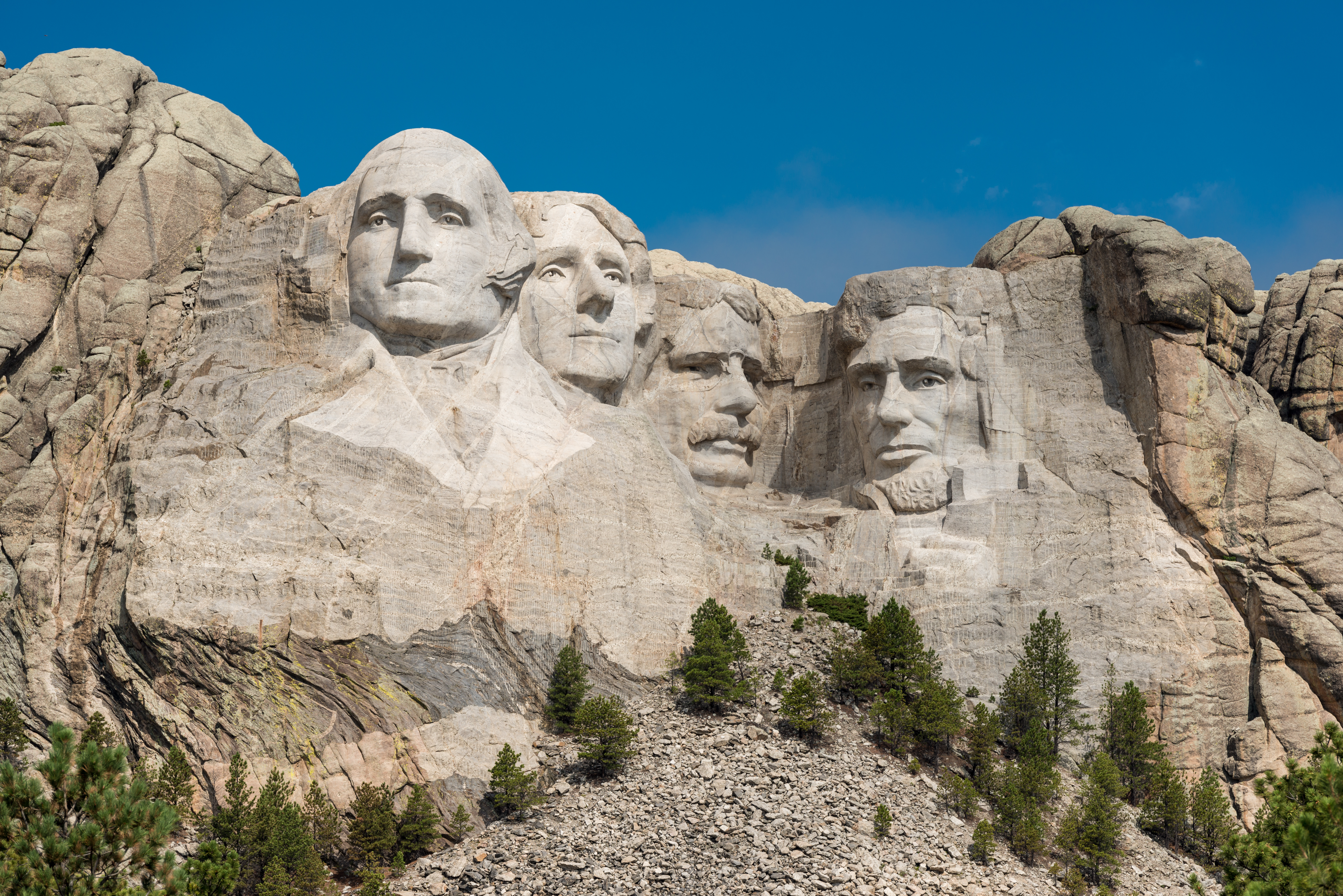Washington and Lincoln Call the American People to Reclaim their Rights from Government
Originally published at The American ThinkerWith the shock and awakening of Americans that the freedoms, rights, and opportunities they had taken for granted for generations have been brazenly stripped away in the last few years, this President’s Day 2022 may well be one of our most significant holidays. Presidents Day is unique among American holidays in providing the opportunity to appreciate why George Washington and Abraham Lincoln — whose birthdays fall in February — were the two greatest U.S. presidents.
While Washington was the founding father of the United States, becoming the first President in 1789 after final success in the War of Independence, Lincoln would save the nation from division and collapse — bringing an end to the Civil War and the scourge of slavery as the sixteenth President in 1865. In short, Lincoln saved the republic that Washington made possible. And two remarkable men they were, whose wisdom, judgment, and foresight are more relevant today than they were in their times.
In both Washington and Lincoln, we are confronted with flawed men who made mistakes, but whose remarkable qualities of character were so formidable that they became part of the essence of what we call “American exceptionalism.” Both presidents readily admitted that it was not their own abilities that made the difference but rather their faith, trust, and reliance on God that gave them their strength and opened the way for ultimate success.
What is particularly striking for people today is that both Washington and Lincoln agreed that America’s greatest threat to its national survival would not come from military invasion from a foreign power. Rather, America’s downfall would come from within.
Washington’s Farewell Address was so popular that it was reprinted more than the Declaration of Independence. Prophetic in places, it warned of three sources of peril to liberty in the American Republic. And these are more relevant now than ever before: 1) the failure of citizens to be well-informed; 2) internal division because of party factions and hyperpartisanship; and 3) the decline of religious obligation and national morality.
Lincoln asked, “At what point then is the approach of danger to be expected?” His answer was: “If it ever reach us it must spring up amongst us; it cannot come from abroad. As a nation of freemen we must live through all time or die by suicide.” On another occasion, Lincoln said, “The people… are the rightful masters of both congresses, and courts — not to overthrow the constitution, but to overthrow the men who pervert it.”
After his reelection for a second term, Lincoln observed that “…corporations have been enthroned and an era of corruption in high places will follow, and the money power of the country will endeavor to prolong its reign by working upon the prejudices of the people until all wealth is aggregated in a few hands and the Republic is destroyed.” While he could not possibly have foreseen the technological transformations to come in the U.S. economy, Lincoln was still prescient. It’s now obvious that the aggregation and concentration of wealth in the information technology industry today is undermining constitutional First Amendment rights. Free speech, after all, is the cornerstone of the republic. One is reminded of Ben Franklin’s warning to future generations that, “there is no such thing as public liberty without freedom of speech.”
Washington and Lincoln were unique and very different in personality, but both were men of deep faith, wisdom, courage, and persistence. Each in different times with different challenges was willing to sacrifice their lives for the greater good. They both shared a vision of America as a nation grounded in the ideas of the Declaration of Independence that would provide its people the freedom and rights to pursue life, liberty, and happiness. And they both believed that if the nation lived up to these ideals, The United States would be a light and beacon of hope for the world.
Washington and Lincoln were committed to government of the people, by the people, and for the people. If somehow they could be resurrected and transported into the present, they would scarcely recognize what America has become. Their observations would probably start with cheering on efforts of American citizens to push back against the abuse of government power at every level, guided by the determination to reclaim the God-given rights enumerated in the Constitution’s first ten amendments.
Presidents Day offers us the opportunity to contemplate the qualities of these two unique individual leaders — the greatest American presidents. To the extent we can internalize and build character around the virtues that each embodied, we too can regain our voice and courage to fight to reestablish our unalienable rights that define who we are as Americans. Our success in so doing may well be the key to preventing our nation’s downfall. We stand on the shoulders of so many who came before us who were willing to give their lives for freedom and equality. We are called to do no less.
